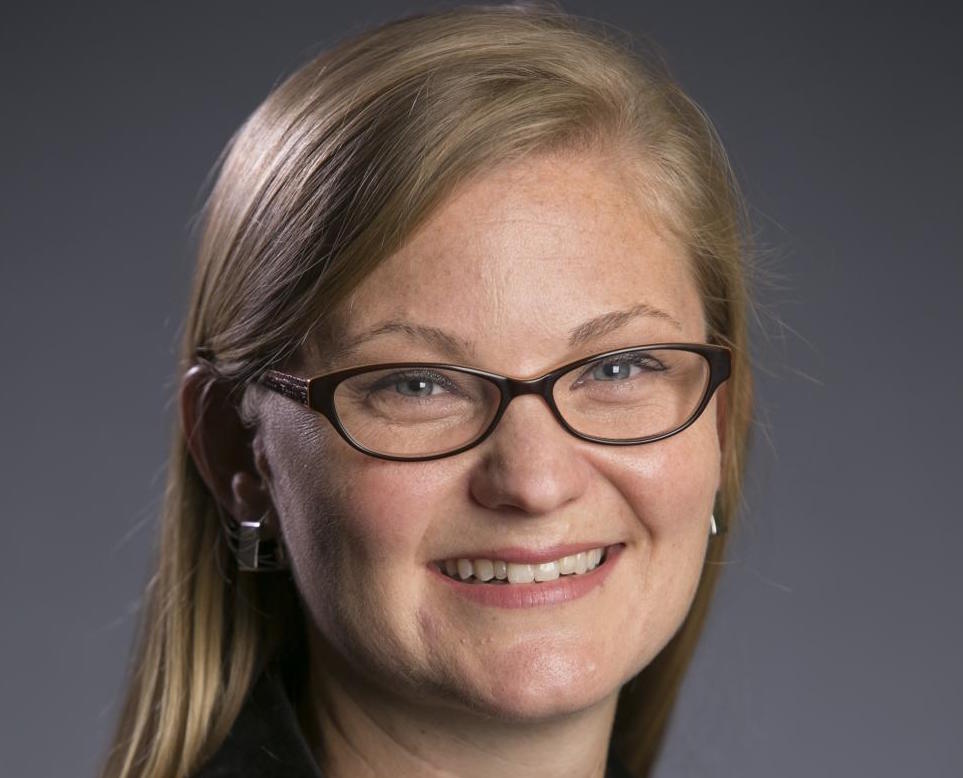Spanish, Comparative Literature

What is your current job?
I am a writing instructor at UT Austin as well as a doctoral candidate in Education.
Why did you choose this profession?
I am passionate about education and teaching, particularly reading and writing. After some time working as a high school teacher and after-school program coordinator, I wanted to know more about equity in education and excellent literacy instruction, particularly in relation to culturally and linguistically diverse students. This is what brought me to graduate school, and educational research.
What more do you wish to accomplish in your professional career?
I want my teaching and research to contribute to improving literacy instruction for culturally and linguistically diverse students. I see my work as building on a tradition of scholarship and teaching that values the socially and culturally situated nature of reading and writing, as well as that concerned with urban education.
Tell us about a decision or change you made that turned out to be a positive career move.
I moved from a K-12 teaching job to a job in after-school programming, which allowed me to see and work in literacy contexts different than the normal school day. This broadened my perspective about what young people can and should do with reading and writing, and also introduced me to a different set of funding and administrative systems than public education.
How has Haverford influenced your professional career?
Haverford showed me what meaningful and positive student-teacher relationships looked like (including professor-advisee relationships), was the first institutional space where I saw people authentically interested in working for social change, and gave me the freedom to explore scholarship in the humanities with breadth and depth. Now working at the intersection of the humanities and social sciences in the field of education, I still find myself drawing on some of the texts and theories that I first encountered at Haverford.